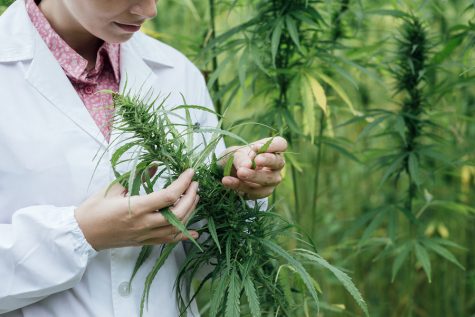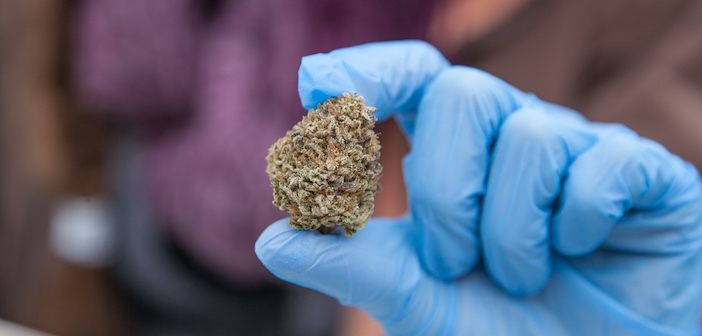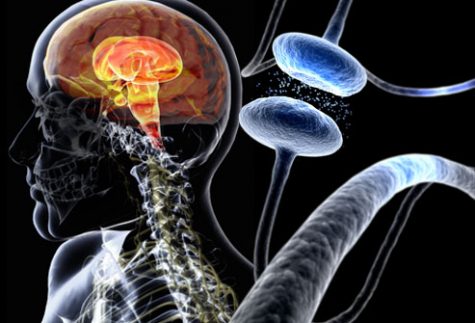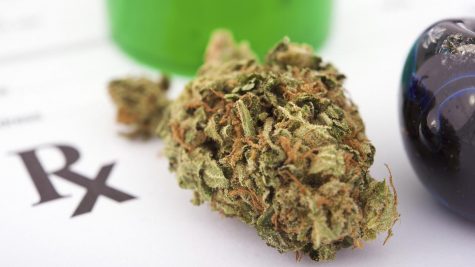UNM researchers discover cannabis’ potential for symptom relief
LUNM researchers were able to report positive outcomes for the use of cannabis to treat 27 different medical ailments
September 27, 2018
A cannabis experience app called the Releaf App has been utilized by a team of researchers at the University of New Mexico to demonstrate cannabis’ efficacy at treating various medical symptoms.
Over 100,000 entries were included in the data used by UNM researchers. Data gleaned from the personal cannabis consumption tracking tool revealed how the green plant may prove useful in relieving the symptoms caused by a range of ailments, including depression, anxiety, nausea, and muscle spasms
So, is medicinal cannabis for symptom relief a good idea? Based on the results of this medical cannabis study, yes.
Medical cannabis study notes average symptom decrease of 3.7 points
According to the official website of the Releaf App, it “helps you track & learn which types of cannabis, dosing, and ingestion methods work best for you.”
A group of UNM researchers is responsible for the development of the handy tool, which has provided an interesting insight into the success potential of medicinal cannabis for symptom relief. Users can easily input their personal reason for using medical cannabis, as well as the type of cannabis they use to ease their symptoms. Common options among medical cannabis patients include dried flower, oils, capsules, sprays, topical and edibles.
Individual user entries were assessed on an improvement scale of one to 10. The initial study was published in Frontiers In Pharmacology at the end of August.
Data from 13,638 patients was examined in the medical cannabis study, all of whom suffered from some kind of ailment, be it a mental disorder or chronic pain.
The UNM researchers, after perusing the data, concluded that any and every type of cannabis use produced an average reduction in symptoms of 3.7 points.
Symptom severity decreased 4.5 points among consumers who vaped or smoked
The succeeding study was publicized in the journal Medicines this July. Study authors were the same as those involved in the first medical cannabis study. In particular, they analyzed the impacts that cannabis smoking or vaping had on the severity of a person’s symptoms.
Data was collected from 1,056 entries on the Releaf App for the second part of the study. Symptoms decreased 4.7 points on average. For patients with sleep disorders, vaporizers and pipes proved to be the most effective method of cannabis consumption.
Medical cannabis study offers fresh insight into the plant’s medical potency
Thanks to these medical cannabis studies from UNM researchers, we can better understand the way in which cannabis is consumed in normal “real life” environments, as opposed to inside a controlled laboratory.
“Observational studies are more appropriate than experimental research designs for measuring how patients choose to consume cannabis and the effects of those choices,” UNM Department of Psychology Associate Professor Jacob Miguel Vigil said in a press release announcing the research.
“By collecting massive amounts of patient-entered information on actual cannabis used under real-life circumstances we are able to measure why patients consume cannabis, the types of products that patients use, and the immediate and longer-term effects of such use. In other words, many of the important and practical research questions that randomized controlled trials fail to address.”
UNM researchers reported a lack of negative side effects from cannabis consumption
Using data inputted by the medical cannabis patients who used the Releaf App, UNM researchers were able to report positive outcomes for the use of cannabis to treat 27 different medical ailments.
Significant negative side effects were not reported. In fact, the majority of Releaf users reported positive side effects from using medical cannabis for symptom relief. Those positive side effects ranged from feelings of tranquility to a better night’s sleep.
With cannabis reform unfurling across North America and studies, like these ones, exposing the cannabis plant for its medicinal benefits, Vigil and the UNM study co-authors feel hopeful that their findings will fuel cannabis-related pharmaceutical growth and increased acceptance of using cannabis to replace opioid prescriptions.
“If the results found in our studies can be extrapolated to the general population, cannabis could systematically replace multi-billion dollar medication industries around the world,” Vigil said. “It is likely already beginning to do so.”












